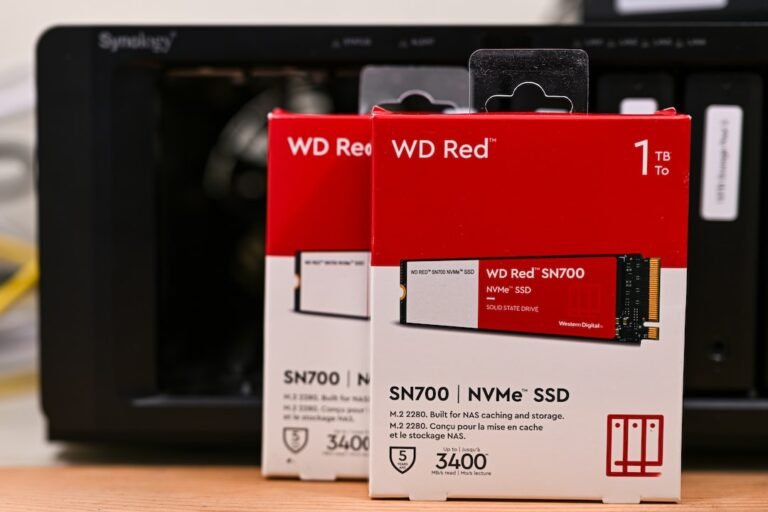Introduction
In today’s highly interconnected world, where cyber threats are becoming increasingly sophisticated, financial institutions face significant challenges in protecting sensitive financial data. With the rise in online banking transactions and the continuous flow of sensitive information, it is crucial for these institutions to implement enhanced security measures. One such measure is the use of a VPN, or Virtual Private Network, which provides a secure and private connection for transferring data over the internet. This guide will explore the benefits and best practices of using a VPN in financial institutions.
Why Use a VPN in Financial Institutions?
Financial institutions handle a vast amount of sensitive financial data, including personal client information, account details, and transaction records. As such, they are prime targets for cybercriminals seeking to gain unauthorized access to this valuable information. By using a VPN in financial institutions, the following benefits can be realized:
1. Protect Sensitive Financial Data
One of the primary advantages of using a VPN in financial institutions is the enhanced security it provides. A VPN creates a secure encrypted tunnel between the user’s device and the institution’s network, effectively encrypting all data transmitted between them. This encryption ensures that sensitive financial data remains confidential and protected from unauthorized access, even if intercepted during transmission.
2. Enhanced Security for Banking Transactions
Financial institutions regularly facilitate online banking transactions, which involve the exchange of sensitive information such as login credentials and account numbers. By using a VPN, these transactions can be conducted securely, reducing the risk of interception by malicious individuals. The encrypted connection provided by a VPN ensures that all data transmitted during banking transactions remains secure and private.
3. Safeguarding Against Cyber Threats
Financial institutions are prime targets for cyber threats such as malware, phishing attacks, and hacking attempts. These threats can lead to significant financial losses, reputational damage, and legal liabilities. By using a VPN, financial institutions can add an extra layer of protection to their networks and minimize the risk of falling victim to these attacks. VPNs help to mask the institution’s IP address and provide anonymity, making it more difficult for attackers to identify and target their systems.
4. Secure Remote Access
Financial institutions often have a geographically dispersed workforce, with employees needing to access the institution’s network remotely. Using a VPN allows employees to securely connect to the network from anywhere, ensuring that sensitive data remains protected even when accessed from external locations. This secure remote access also enables financial institutions to implement flexible working arrangements without compromising security.
Best Practices for Using a VPN in Financial Institutions
While using a VPN can significantly enhance the security of financial institutions, it is important to follow best practices to ensure optimal protection. Here are some key guidelines:
1. Choose a Reliable VPN Provider
Selecting a reputable VPN provider is crucial to guaranteeing the effectiveness and reliability of the VPN service. Look for providers that offer strong encryption, a wide range of server locations, and a strict no-logging policy. Conduct thorough research and read reviews to ensure that the chosen provider can meet the security needs of the financial institution.
2. Implement Multi-Factor Authentication
In addition to using a VPN, financial institutions should implement multi-factor authentication to further secure access to their networks. This additional layer of security requires users to provide multiple credentials, such as a password and a unique verification code sent to their mobile devices. Multi-factor authentication reduces the risk of unauthorized access, even if VPN credentials are compromised.
3. Regularly Update VPN Software and Security Patches
To stay ahead of potential vulnerabilities, financial institutions should regularly update their VPN software and apply security patches. VPN providers often release updates to address security flaws and improve overall performance. Keeping the VPN software up to date ensures that the institution benefits from the latest security enhancements and safeguards against newly identified vulnerabilities.
4. Train Employees on VPN Best Practices
Properly educating employees on VPN best practices is essential to realize the full potential of the technology. Financial institutions should provide comprehensive training on topics such as secure VPN usage, password management, and identifying phishing attempts. By fostering a culture of security awareness, employees can become proactive in protecting sensitive financial data.
Conclusion
In an era where cyber threats continue to evolve in sophistication, financial institutions must prioritize the security of sensitive financial data. Utilizing a VPN provides enhanced protection by encrypting data transmission, securing online banking transactions, and safeguarding against cyber threats. By following best practices such as choosing a reliable VPN provider, implementing multi-factor authentication, regularly updating VPN software, and educating employees, financial institutions can establish a robust security framework that minimizes risks and enhances data protection.
FAQ
| Question | Answer |
|---|---|
| What is a VPN and how does it work? | A VPN, or Virtual Private Network, is a technology that enables users to create a secure and private connection over the internet. |
| Can a VPN slow down network performance? | While a VPN may introduce some overhead due to encryption, a well-configured VPN should not significantly impair network performance. |
| Is it legal to use a VPN in financial institutions? | Yes, using a VPN in financial institutions is legal in most jurisdictions. However, it is essential to comply with local laws and regulations. |
| Can a VPN protect against all cyber threats? | While a VPN provides a valuable layer of security, it is not a one-stop solution for all cyber threats. Additional security measures and best practices should be implemented. |
| Are there free VPN services available? | Yes, there are free VPN services available. However, it is important to research their security protocols and privacy policies before using them in a financial institution. |
Further Reading
Here are some additional resources for further reading on VPNs in financial institutions:
- VPN for Streaming: The Ultimate Guide
- The Benefits of Using a VPN for Gaming
- VPN for Businesses: Secure Communication and Data Protection
- The Importance of VPNs for Privacy in the Digital Age
- VPN for Travel: Ensuring Secure Internet Connections
- Free VPN Services: Pros, Cons, and Considerations
- VPN for Torrenting: Maintaining Anonymity and Security
- VPN Setup Guides: Step-by-Step Tutorials
- VPN Comparisons: Finding the Best VPN for Your Needs
- VPN Laws and Regulations: What You Need to Know
Please note that the Further Reading section contains external resources and will provide a comprehensive understanding of VPN usage in financial institutions.




